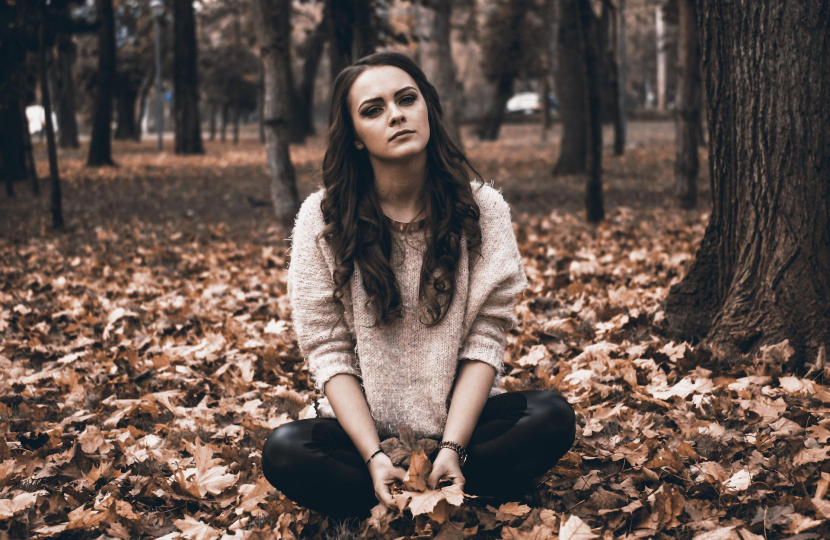
Last week was Mental Health Awareness Week. The Mental Health Foundation hosts Mental Health Awareness Week every year and this year’s theme was loneliness and its relationship with mental health.
We all know what loneliness feels like and feeling lonely from time to time is a normal part of life. But when loneliness is severe or lasts a long time, it can negatively affect our mental health.
Research conducted by the Mental Health Foundation in Wales has found that:
- A quarter of adults in Wales (25%) say they feel lonely some or all of the time over the last month
- 4 in 10 people in Wales (40%) say they would never admit to feeling lonely
- Almost 1 in 2 adults (49%) in Wales say feelings of loneliness have made them feel sad
- Stigma around loneliness is high and is a major barrier to preventing loneliness and the mental health problems it can lead to.
- Sharing our experiences of loneliness and mental health can help address stigma by showing that other people feel, or have felt, the same way.
Loneliness, of course, does not affect everyone equally, and some people are more at risk of feeling lonely. Older people, younger people, people with long-term health difficulties, those with pre-existing mental health problems and those seeking asylum are some of the groups that are more likely to experience loneliness.
As well as being deeply distressing for individuals, loneliness has wider implications for our communities and society. Evidence shows that loneliness leads to greater pressure on public services through, for instance, increased GP visits, longer hospital stays, increased likelihood of entering residential care and the costs of associated conditions such as depression and diabetes.
The COVID-19 pandemic exacerbated loneliness. At the beginning of the pandemic, loneliness levels were much the same as they had been in 2016-17, with 5% of adults in Great Britain saying they were often or always lonely. By February 2021, however, this had increased to 7.2% - 3.7 million adults.
The Mental Health Foundation’s COVID-19 study showed that feelings of loneliness increased rapidly during the first lockdown.
Dealing with loneliness can be difficult, but there are things we can all do to cope with loneliness and prevent some of the negative feelings and mental health problems that can come with it.
Coping strategies recommended by the Mental Health Foundation include:
1. Try to do some enjoyable things that will keep you busy
2. Try to do things that stimulate your mind
3. Think about doing a physical activity
4. Try to engage with the people you meet in your daily life.
5. Find people that ‘get you’
6. Spend time with pets
7. Try to use social media in a positive way
8. Talking therapies can help
For more detailed advice visit: Help and advice on how to cope with loneliness and improve your mental health | Mental Health Foundation
The importance of addressing loneliness and isolation cannot be underestimated, but it is not just a problem for governments and charities to tackle, we can all play a role in helping to combat loneliness in our neighbourhoods.
I would urge everyone to find some time in their day to contact those who live alone, whatever their age. A visit or chat on the phone may be enough to brighten their day. You might be the only person they have spoken to in days or sadly even longer. Nobody deserves to feel lonely and isolated, let’s all do our bit.
